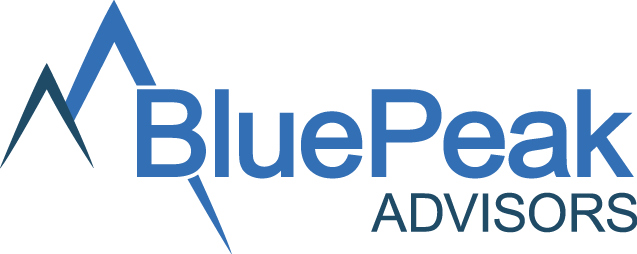 The 2024 the Centers for Medicare and Medicaid Services (CMS) audit season brought a diverse array of trends for Special Needs Plans (SNPs) yet one consistent and notable emphasis prevailed: an in-depth review approach by CMS.
The 2024 the Centers for Medicare and Medicaid Services (CMS) audit season brought a diverse array of trends for Special Needs Plans (SNPs) yet one consistent and notable emphasis prevailed: an in-depth review approach by CMS.
Plans experienced a thorough review of all Health Risk Assessments (HRA), Individualized Care Plans (ICP) and Transition of Care (TOC) events occurring within the review period. Auditors looked very closely at ICP implementation, the sharing of data during and after TOC events, as well as how care management functions pivoted after a change in an enrollee’s health conditions. Outreach attempts and ICP updates were investigated to assess the frequency in which both occurred and whether or not the process aligned to the plan’s Model of Care (MOC). This year, it was evident that CMS shifted their audit focus from an often check listed approach for completion of care management activities, to a more highly personalized and enrollee-centered approach.
During BluePeak’s audit support, the majority of audit findings this audit season were ICP related. ICPs frequently did not include information from the HRA, did not include measurable outcomes and were not updated or communicated according to the MOC. Many sponsors were unable to provide evidence that the ICP was developed with the enrollee’s input and that the ICP was shared with the Interdisciplinary Care Team (ICT). Sponsors were unable to evidence implementation of the ICP through either case management notes or claims data. Audit conditions were also given because there was no HRA or ICP completed or the staff completing the HRA or ICP was not designated to do so within the MOC. Timeliness of the HRA, lack of ICT meetings, and fragmented care delivery after a TOC event were also common audit findings in 2024.
CMS reviewed all TOC events during the review period and held sponsors accountable to the requirements in their approved MOC. Oftentimes, CMS found the process was lacking, and conditions were given for ICPs not being updated or reviewed after a TOC, as well as inconsistent care coordination across care settings.
Auditors took a deep dive into the sharing of the ICP after the TOC. For example, when the sponsor was notified of an admission, did they share the ICP with the admitting facility? After the TOC event occurred and the ICP was updated, did the Sponsor share the updated ICP with providers, enrollees, and other members of the ICT? CMS reviewed each outreach attempt along with case notes to ensure all issues identified during the TOC were addressed in the ICP, implemented shortly thereafter, and captured in the post TOC HRA (if required by the MOC). Because TOCs encompass many areas of care management, sponsors with a noncompliant TOC process were given conditions across most areas of care coordination. CMS reviewed each element in the TOC process in detail and cited noncompliance in each area. This was a shift from previous audit years when CMS would cite the condition specific only to TOC (1.10).
The 2025 audit season may follow the same approach since CMS is heavily focused on enrollee-centered care and how Sponsors’ care coordination practices address each enrollee’s specific needs. Sponsors can best prepare for 2025 by ensuring all staff fully understand the details of their MOC and ensure that internal processes align to their MOC requirements. Completing internal audits now will allow Sponsors to identify and correct any knowledge or process gaps. This will ensure that compliance can be evidenced during any future CMS audits.
BluePeak can help!
BluePeak Advisors can perform mock audits for successful 2025 readiness and help Sponsors mitigate any 2024 audit findings to ensure compliance for the coming year. Our Subject Matter Experts (SMEs) can help you become compliant and avoid the administrative burden of remediation in 2025! Contact us at info@bluepeak.com.
